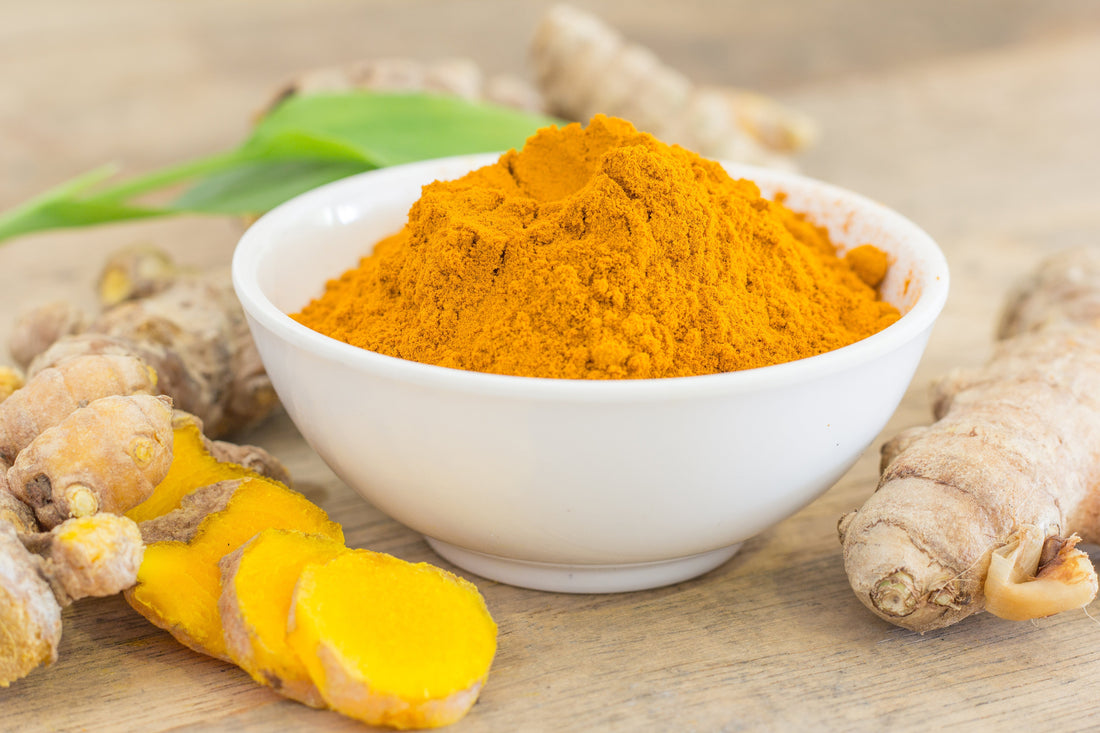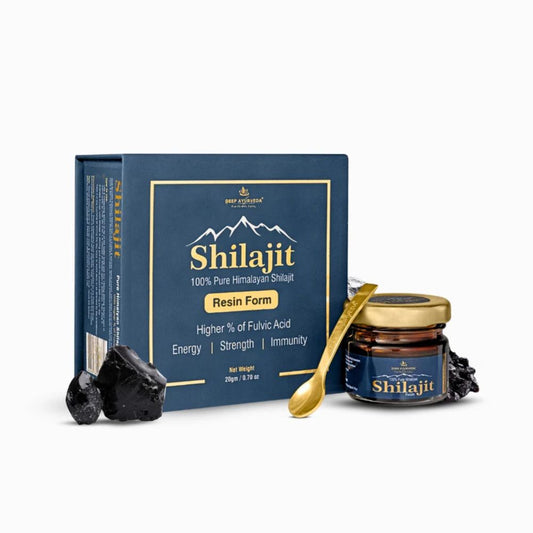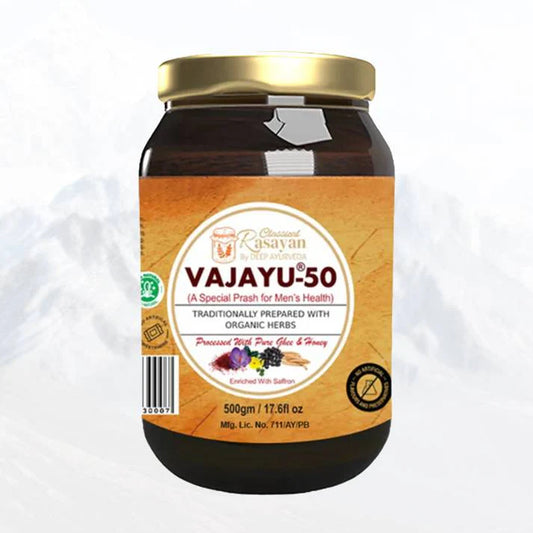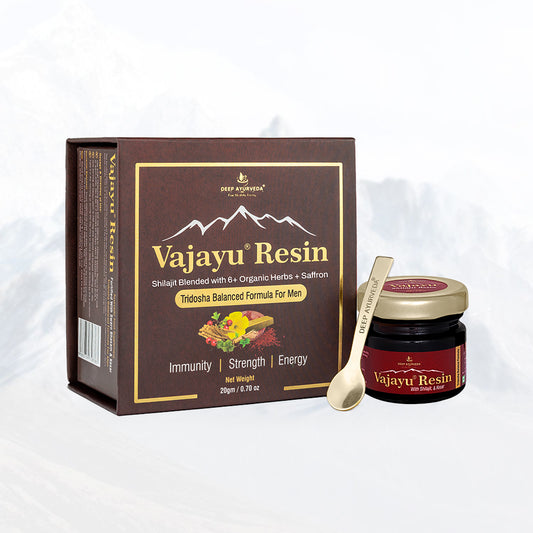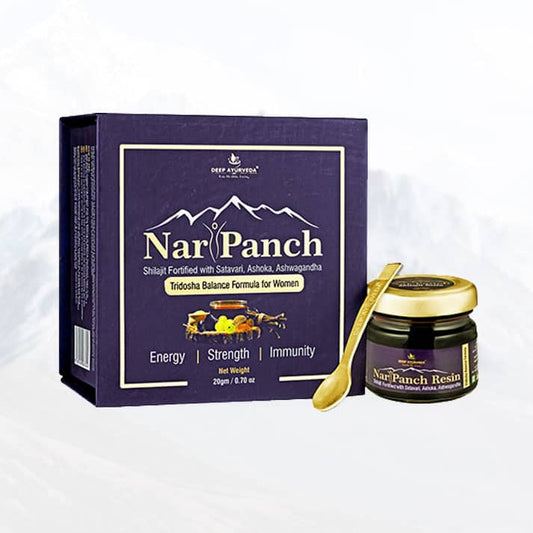Turmeric, the vibrant golden-yellow spice, has been treasured for thousands of years. Known in India as Haldi, in China as Jiang Huang, and widely recognized in the West as a “superfood,” turmeric has become a global symbol of wellness. Whether it is used in curries, lattes, herbal medicines, or modern supplements, people across the world now understand the powerful turmeric benefits for the body and mind.
From traditional Ayurvedic practices in India to modern research labs in the United States, turmeric has established itself as one of the most studied and respected herbs in the world. The health benefits of turmeric are not limited to any single culture—they are universal, making it a true global healer.
Turmeric in Ancient Healing Traditions
Ayurveda in India
In Ayurveda, turmeric is considered a “spice of life.” Ancient texts describe it as Vishaghna (detoxifier), Kushtaghna (skin healer), and Shothahara (anti-inflammatory). It has been used for cleansing the blood, improving digestion, boosting immunity, and balancing the three doshas—Vata, Pitta, and Kapha.
Traditional Chinese Medicine (TCM)
In TCM, turmeric has long been prescribed to move “Qi” (life energy) and reduce stagnation. It is used to relieve joint pain, menstrual discomfort, and digestive blockages.
Middle Eastern and African Practices
In Middle Eastern cultures, turmeric was a part of both food and folk medicine, valued for its warming and cleansing nature. African communities often used turmeric paste for wound healing and as a natural dye.
Western Herbalism
In the West, turmeric entered the health world through research on its active compound curcumin, which is now recognized for powerful antioxidant and anti-inflammatory properties. Today, Western nutritionists promote turmeric benefits in capsules, teas, smoothies, and even golden milk.
Health Benefits of Turmeric
So why has turmeric gained such global recognition? Let’s explore the most powerful and proven health benefits of turmeric:
1. Anti-Inflammatory Powerhouse
Chronic inflammation is at the root of many diseases—arthritis, heart disease, diabetes, and even cancer. Curcumin in turmeric works as a natural anti-inflammatory, reducing pain and swelling without harmful side effects.
2. Strong Antioxidant Properties
Oxidative stress from free radicals damages cells and accelerates aging. Turmeric is packed with antioxidants that neutralize these free radicals, supporting long-term vitality and slowing the aging process.
3. Boosts Immunity
From Indian grandmothers giving haldi doodh (turmeric milk) to modern immune-boosting supplements, turmeric is famous for strengthening the body’s defense system. It helps the body resist infections, especially during seasonal changes.
4. Supports Heart Health
Regular use of turmeric can improve blood circulation, lower bad cholesterol, and support overall cardiovascular function, making it a heart-friendly spice.
5. Improves Digestion
In Ayurveda and folk medicine, turmeric is often prescribed for digestive issues. It stimulates bile production, reduces bloating, and helps maintain gut health.
6. Promotes Healthy Skin
One of the most celebrated turmeric benefits is glowing skin. Turmeric is widely used in face packs, ubtan, and skincare rituals. It helps reduce acne, pigmentation, and dullness while giving a natural glow.
7. Brain and Mental Health Support
Turmeric may improve memory, protect against neurodegenerative conditions like Alzheimer’s, and reduce symptoms of depression by balancing brain chemicals.
8. Weight Management
By improving metabolism and aiding fat breakdown, turmeric can support weight management when combined with a healthy lifestyle.
9. Joint Health
For people with arthritis or joint stiffness, turmeric acts as a natural pain reliever, restoring mobility and reducing inflammation.
10. Cancer-Fighting Potential
Ongoing studies suggest that curcumin may slow the spread of cancer cells and support conventional treatments. While not a cure, turmeric is being recognized as a complementary therapy.
Turmeric Benefits Around the World
India
In India, turmeric is not just food or medicine—it’s culture. It plays a role in weddings, rituals, and daily cooking. Haldi ceremonies symbolize purity and good health.
Japan
Japanese wellness culture embraces turmeric tea and turmeric capsules for longevity and liver health. It is a common natural supplement in Okinawa, a region famous for its centenarians.
United States & Europe
In the West, turmeric became a “superfood trend.” From turmeric lattes (golden milk) to protein shakes, people have embraced turmeric as a natural remedy for inflammation and immunity.
Middle East
Turmeric is widely used in curries, rice dishes, and healing tonics. Its reputation as a warming spice makes it popular for winter remedies.
Africa
In African cultures, turmeric pastes and decoctions are used for wound healing, skin infections, and overall immunity.
This worldwide acceptance highlights how turmeric benefits cross borders, beliefs, and lifestyles.
Easy Ways to Include Turmeric in Your Daily Life
-
Add turmeric to curries, soups, and rice.
-
Drink turmeric milk (golden milk) at night for better sleep and immunity.
-
Try turmeric tea with black pepper for enhanced absorption.
-
Use turmeric face packs for glowing skin.
-
Take high-quality turmeric supplements if recommended by a doctor.
Modern Science on Turmeric Benefits
Scientists across the globe have conducted thousands of studies on turmeric. Research shows that curcumin has anti-inflammatory, antioxidant, anti-microbial, and neuroprotective properties. However, curcumin’s absorption is low, which is why Ayurveda traditionally combines turmeric with black pepper (piperine) and ghee for better bioavailability—a wisdom now confirmed by science.
FAQs About Turmeric
1. Can turmeric be taken daily?
Yes, moderate daily use of turmeric in food is safe and beneficial. Supplements should be taken under medical guidance.
2. Are there any side effects?
Excessive consumption may cause acidity or interact with medications like blood thinners.
3. Which is better: fresh turmeric or powder?
Both are beneficial. Fresh root has volatile oils, while dried powder has concentrated curcumin.
4. Is turmeric safe for kids?
Yes, in small amounts through food. Avoid high-dose supplements unless prescribed.
5. How do different cultures consume turmeric?
Indians drink haldi doodh, Japanese brew turmeric tea, Middle Easterners use it in rice dishes, and Westerners enjoy turmeric smoothies and lattes.
Conclusion: Turmeric as the World’s Golden Healer
From the Ayurvedic texts of India to modern clinical research in the United States, turmeric has proved itself to be more than a spice—it is a universal healer. The health benefits of turmeric are celebrated in every corner of the globe, making it one of the few herbs embraced by all cultures.
In a world where people are constantly seeking natural remedies, the story of turmeric reminds us that sometimes the best solutions are the oldest ones. By incorporating turmeric into daily life—whether in food, drinks, or skincare—we not only preserve tradition but also embrace a healthier future.
Truly, the golden root unites us across continents, showing that wellness is a shared human journey.

